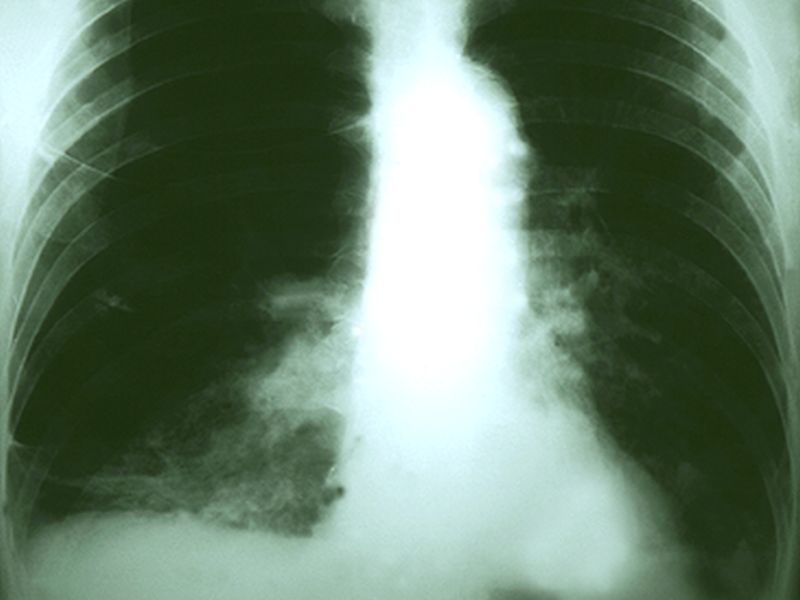
Dementia is now one of the leading killers in the United States, with the rate of deaths linked to the disease more than doubling over the past two decades. “Overall, age-adjusted death rates for dementia increased from 30.5 deaths per 100,000 in 2000 to 66.7 in 2017,” say a team of researchers from the U.S.… read on >
















